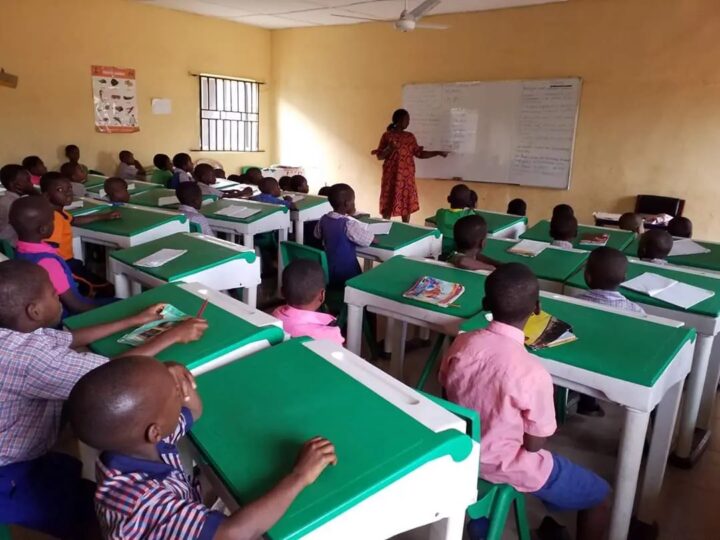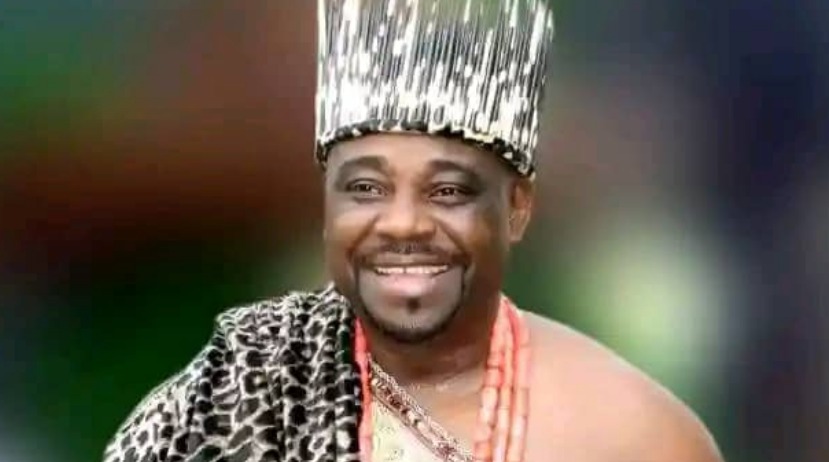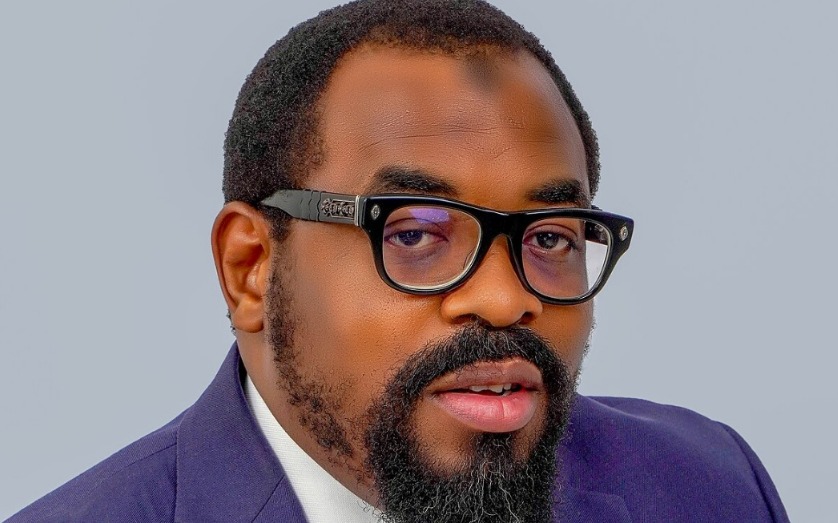Chidiebere Onyia, secretary to the Enugu state government, says 50 percent of pupils in the state cannot read in English or solve basic mathematics questions.
He said this on Thursday while delivering a keynote address titled: ‘Smart Basic Education and the Future of Africa’ at the quadrennial convention of the Old Boys Association of Union Secondary School, Awkunanaw.
Onyia added that government discovered the problem during its baseline assessment of primary schools in the state, conducted in November, 2023.
“Our findings were shocking. After six years of primary school, 50 percent of our children cannot read a single word in English and those who can read struggle with comprehension,” he said.
Advertisement
“50 percent of our children cannot solve simple subtraction challenges. What we found out in Enugu state is written large across our nation.”
He said in Nigeria, 3 out of 4 children who completed basic education, lack numeracy and literacy proficiency.
“The World Bank, UNICEF and UNESCO have defined this as ‘the Nigerian Learning Crisis’,” he said.
Advertisement
“On top of this, our children suffer a “Skills Gap” because existing modes of teaching do not equip children with scientific, technological, productive and digital competences.”
Onyia said the education policy of the state has been reworked to include bio-digital technology that will enhance industrial growth.
He said this will be achieved through the introduction of innovative technology in education, particularly at the basic level.
According to Onyia, Peter Mbah, the governor of Enugu, is implementing measures to reform the education system of the state to meet international standards.
Advertisement
He added that the problems are being dealt with through well thought-out policies which include the introduction of smart school models across the 260 electoral wards in the state.
Onyia said the smart school model has new facilities such as centres for artificial intelligence, robotics and interactive smart boards — with priority given to “how teachers teach” and “how students learn”.
Advertisement
Add a comment






